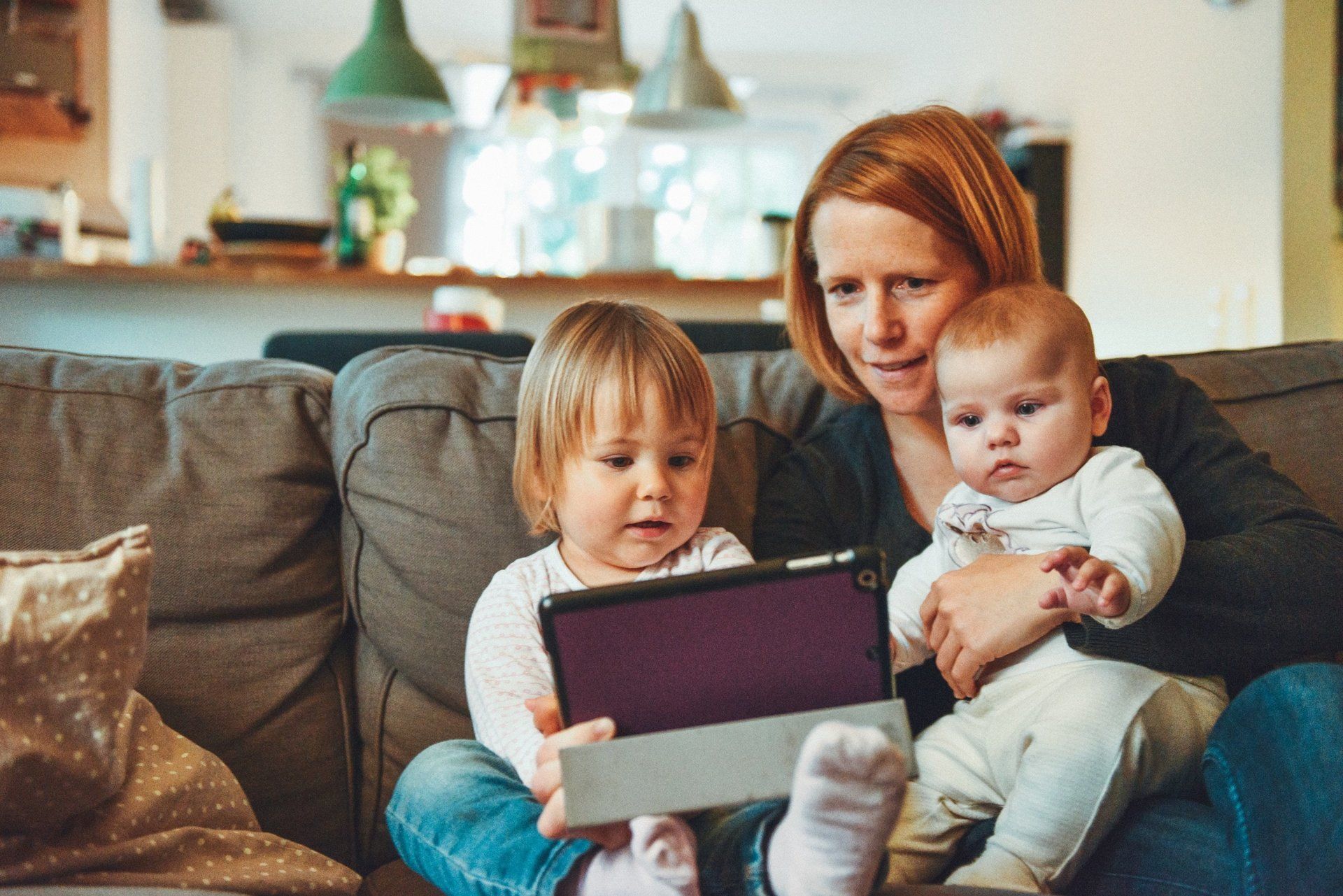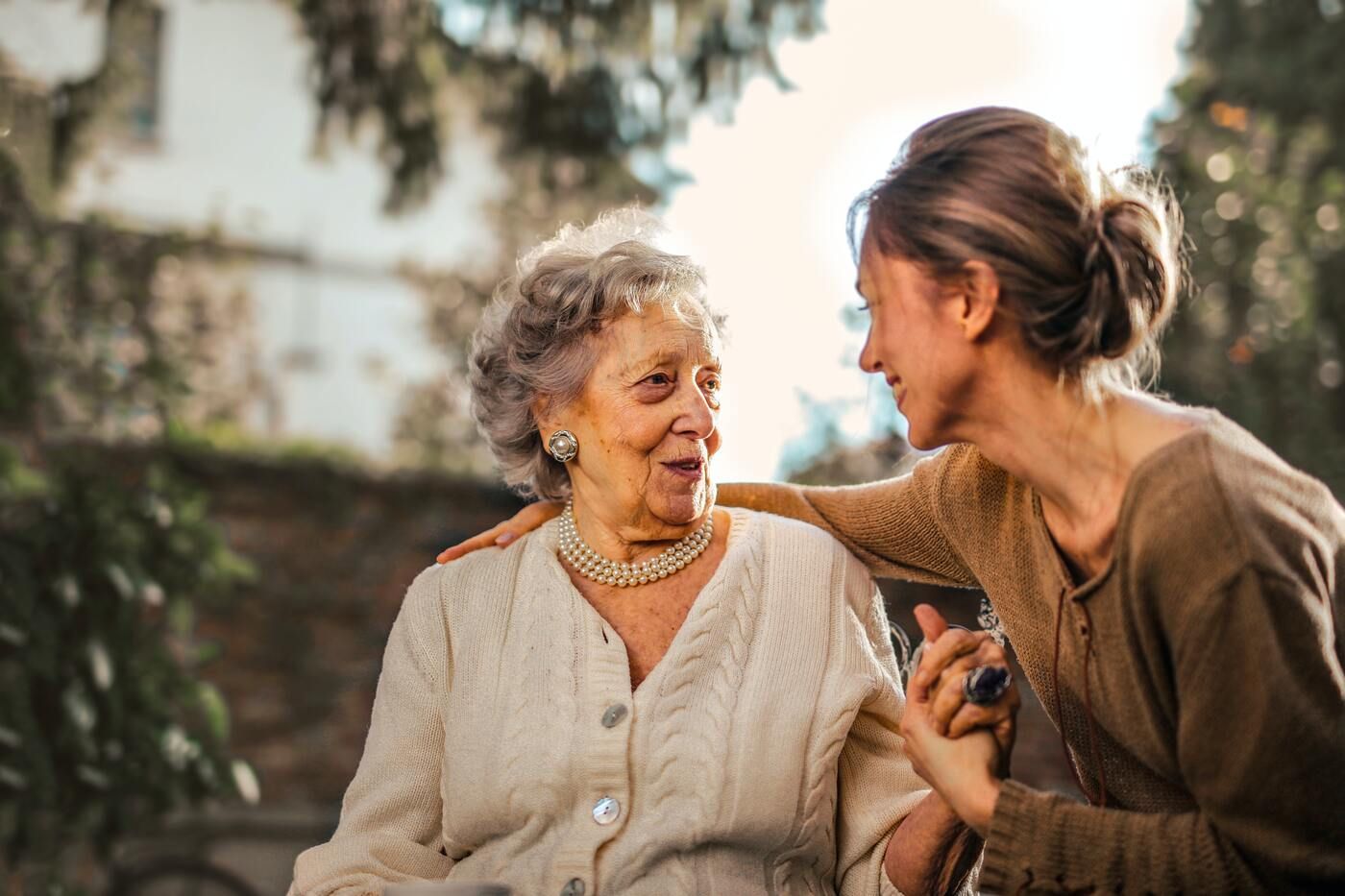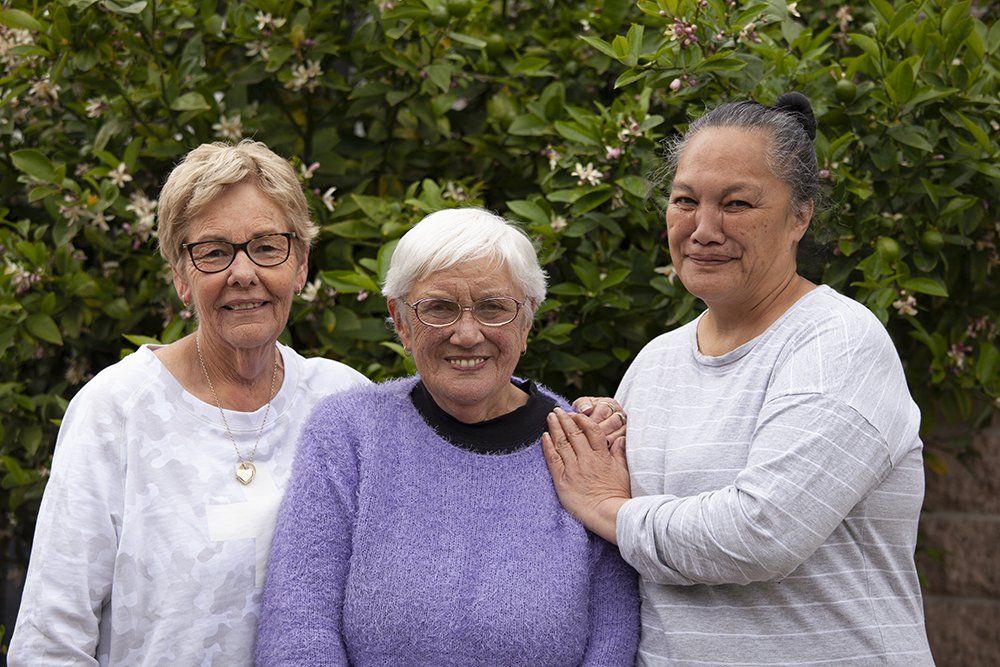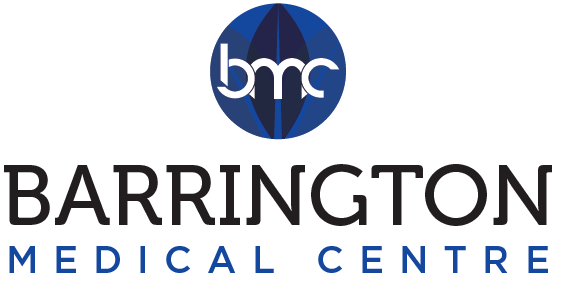Immunisation
Immunisation protects you from serious diseases throughout life. Getting vaccinated at the recommended times will give the best protection against disease. Immunisation is the most effective way to actively protect your child from preventable diseases, such as whooping cough, tetanus, hepatitis B and measles.
Ministry of Health
Manatu Hauroa (Ministry of Health) supports immunisation and Barrington Medical Centre offers the full National Immunisation Schedule for all eligible patients. We can also provide some vaccinations which are not included on the Immunisation Schedule; please call to discuss your queries and the costs of those vaccines.
Vaccination information

The New Zealand National Immunisation Schedule is a series of immunisations (including boosters) given at specific times between the ages of 6 weeks and 18 years. To get the best possible protection, have the immunisations on time, every time. Barrington Medical Centre can administer all of the childhood immunisations in the practice. All childhood immunisations are FREE. If you have not had a childhood immunisation, the catchup schedule is FREE as well.
Click here to find out when it's best to immunise your child or call us to book an immunisation today.

Whooping Cough (Pertussis) is funded for pregnant women after their first trimester and recommended (but not funded) for close family members (e.g. partners, grandparents and close family members). Adult Vaccinations such as Tetanus/Diptheria/Pertussis boosters are recommended at 45 and 65 years of age or earlier in the case of dirty wounds.
The Shingles Vaccine is recommended for men and women aged 65 old and is funded for eligible patients.

Since tetanus bacteria are everywhere in the environment and the disease is not transmitted from person to person, community (herd) immunity does not protect individuals. Vaccination with three or more doses of tetanus toxoid -containing vaccine is required for full protection, followed by booster vaccinations throughout life. Boosters may be recommended following injury where the wound is at high risk of being infected with tetanus or if it has been more than 5 years since the last booster. Vaccination with Tetanus/Diptheria/Pertussis vaccine is funded at the age of 45 and 65 years.

Shingles is a painful skin rash, caused by the varicella zoster virus, the same virus that causes chickenpox. You can help prevent shingles by getting 2 FREE Shingrix immunisations at the age of 65.
After you recover from chickenpox, the virus stays in your body. It moves to the roots of your nerve cells (near the spinal cord) and becomes inactive (dormant).
Later, if the virus becomes active again, shingles is the name given to the symptoms it causes. You can only get shingles if you’ve had chickenpox in the past (usually as a child).
Flu Vaccination
Getting a flu vaccination is the best way to protect yourself and your family against the effects of the flu: headaches, fever and aches and pains. The vaccine can also greatly reduce your risk of serious complications that can develop from the flu. Being young, fit and healthy will not protect you from the flu. Influenza can be life-threatening, especially for the elderly, young children and people with chronic illnesses or compromised immune systems.
Protect your loved ones, and our community. We are pleased to be able to offer the Flu Vaccine to protect all members of our community.
-
Symptoms
Symptoms of influenza come on suddenly and can include fever, chills, muscle aches, runny nose, cough and stomach upsets.
The flu spreads quickly from person to person through touch and through the air. While you’re unwell, stay away from work or school. Look after yourself and your family – rest and fluids are especially important.
-
Who's at risk?
Influenza vaccination is provided FREE for those who need it most, including:
People aged 65 and over or Māori/Pacific Island people aged 55 years or over
People under 65 years of age who have a chronic health condition such as:
- Cardiovascular disease
- Respiratory disease
- Diabetes
- Kidney disease
- Cancer
- Immune suppression or deficiency
- Pregnant women (any trimester)
- Children aged 4 years and under who have a significant history of respiratory illness.
Who’s at risk?
Older people, young children, pregnant women, and people with certain medical conditions are at a higher risk of developing serious complications from influenza, such as pneumonia. If you’re at higher risk, it is important to see your doctor early, to find out if you need treatment.
It is also important to seek medical advice early if you are concerned, and especially if there are any danger signs, even if you have been seen before. Other serious conditions can also look like the flu, including meningococcal disease.
Frequently asked questions
-
Is the seasonal influenza vaccine safe?
The technology to make influenza vaccines has been in use for 60 years, it has an excellent safety record.
-
How has the seasonal influenza vaccine been tested?
It has been trialled clinically.
-
Is it true that getting the influenza vaccination puts you at risk of getting influenza?
No. Influenza immunisation cannot cause influenza because the seasonal influenza vaccine contains no live viruses.
-
The last time I got vaccinated for seasonal influenza I came down with a cold/flu the next day. Was this caused by the vaccine?
No. The seasonal influenza vaccines have been made from influenza viruses that have been concentrated, inactivated and then broken apart. It cannot cause influenza as the vaccine does not contain any live viruses.
For more information about the Influenza Vaccine visit the Manatu Hauora Website.
Want more information? The Fight Flu website is a great national resource —
Click here
Enrol at Barrington Medical Centre
Book your appointment using ManageMyHealth. Or if you haven't, enrol with us below.
Our experienced General Practice team of medical and health professionals can assist you and your family with your health care needs, to provide you with a high standard of care in a friendly, caring, and supportive environment.
Contact us
14-18 Athelstan Street, Spreydon, Christchurch 8024
Phone: (03) 332 3069
Email: secretary@barringtonmc.co.nz
Additional links
Operation Hours
Monday - Friday 8:00am - 5:00pm
Saturday - Sunday CLOSED
Closed on public holidays
All Rights Reserved | Better Health

